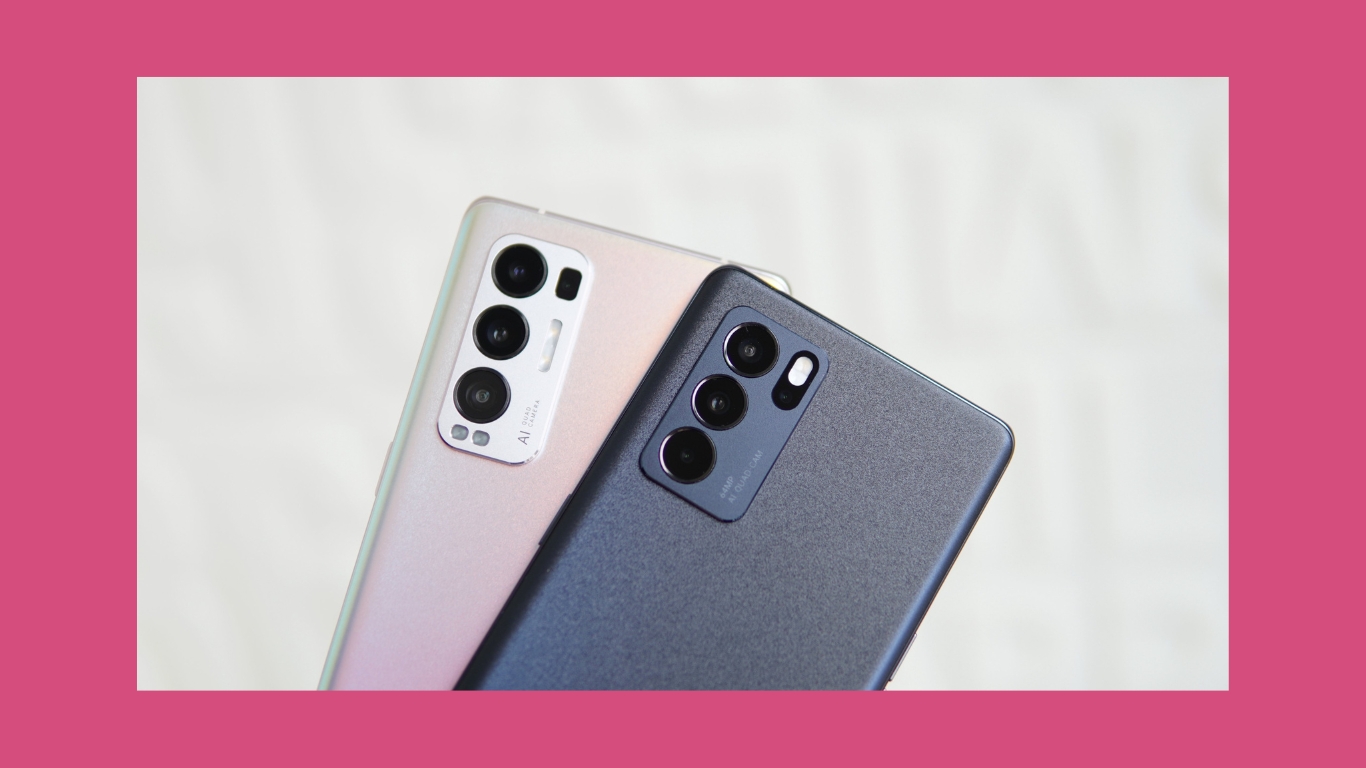
Learn the top 25 tips to safeguard your smartphone from hackers, protect your data, and enhance your mobile security. Stay safe with these expert-recommended strategies.
In today’s digital era, smartphones are a treasure trove of personal and professional data. From banking details to social media accounts, losing control of your device to hackers can have severe consequences. With cyberattacks becoming more sophisticated, it’s crucial to adopt robust security practices.
Here are 25 essential tips to help you secure your smartphone, protect your privacy, and keep hackers at bay.
1. Lock Your Device Properly
Always lock your phone using a PIN, password, fingerprint, retina scan, or facial recognition. Avoid simple patterns like “1234” or “0000” as they are easily guessed.
2. Keep Your Software Updated
Set your phone to automatically update its operating system. Software updates often include critical security patches to fix vulnerabilities hackers might exploit.
3. Regularly Update Your Apps
Apps can also have security flaws. Enable auto-updates or manually check the app store to ensure all your apps are up-to-date.
4. Don’t Ignore Security Patches
Operating systems release security patches regularly. These updates fix potential weaknesses, protecting you from cyberattacks.
5. Backup Your Data
Regularly back up your phone’s data to the cloud or an external storage device. This ensures that your data is safe even if your phone is lost or compromised.
6. Enable Find My Device
Activate tracking features like Find My iPhone or Find My Device. This helps you locate your phone if it’s lost and allows you to remotely erase data.
7. Use a Secondary Account Password
Set up a secondary password or PIN for your mobile carrier account. This makes it harder for hackers to access or transfer your number without your permission.
8. Secure Your Mobile Carrier Account
Call your carrier’s customer service to add an extra layer of protection, like a security PIN. This reduces the risk of your account being tampered with.
9. Be Cautious with Your Phone Number
Share your phone number only on trusted platforms. Avoid giving it out unnecessarily to websites or services.
10. Review Privacy Policies Before Sharing Your Number
Before sharing your phone number on any website, read its privacy policy carefully to ensure your data won’t be misused.
11. Use Two Phone Numbers
Keep a separate number for banking and sensitive accounts while using another number for general purposes.
12. Create Strong Passwords
Use a combination of uppercase, lowercase, numbers, and symbols to create strong passwords. Avoid common phrases or dates like birthdays.
13. Avoid Public Wi-Fi
Public Wi-Fi networks are vulnerable to hacking. Use your mobile data or a trusted VPN to encrypt your connection.
14. Use a VPN
A Virtual Private Network (VPN) hides your IP address and secures your online activities. Opt for a paid VPN for maximum benefits.
15. Install a Trusted Antivirus App
Download a reliable antivirus app to scan for malware and protect your device from potential threats.
16. Check App Permissions
Review the permissions apps request. Avoid installing apps that demand excessive access to your contacts, location, or other sensitive data.
17. Avoid Phishing Scams
Be cautious of links in emails, SMS, or social media. If unsure about a link, verify it with the sender or manually enter the URL in your browser.
18. Enable Remote Wipe
Activate remote wipe capabilities on your phone. This lets you erase all data if your device is lost or stolen, protecting sensitive information.
19. Avoid Public Charging Stations
Public USB charging stations can be compromised. Use a portable charger instead to stay safe from “juice-jacking” attacks.
20. Monitor Unusual Activity
Keep an eye on your phone’s performance. Signs like overheating, sudden crashes, or increased data usage may indicate a hack.
21. Turn Off Wi-Fi When Not in Use
Disable Wi-Fi when you’re not using it. This saves battery and prevents your device from connecting to unsecured networks automatically.
22. Avoid Autofill Passwords
Instead of relying on autofill, manually type passwords for sensitive accounts to reduce security risks.
23. Always Log Out After Sensitive Sessions
After using apps or websites for online banking or other sensitive activities, ensure you log out properly.
24. Keep Your Phone Number Private
The best way to protect your phone from being hacked through its number is to keep it private. Share it sparingly.
25. Be Proactive, Not Reactive
Don’t wait for a problem to occur. Implement these tips today to build a secure foundation for your smartphone.
Conclusion
By implementing these 25 tips, you can significantly reduce the risk of your smartphone being hacked. Cybersecurity is a continuous process, and staying informed about the latest threats is just as important as taking preventive measures.
Start practicing these habits now to keep your digital life secure!
Frequently Asked Questions
Q1: Why is updating my phone important?
A. Updating your phone ensures it has the latest security patches to protect against vulnerabilities.
Q2: Can public Wi-Fi really hack my phone?
A. Yes, public Wi-Fi networks are often unsecured and can expose your data to hackers.
Q3: How does a VPN protect my phone?
A. VPN encrypts your data and hides your IP address, making it difficult for hackers to intercept your connectio
